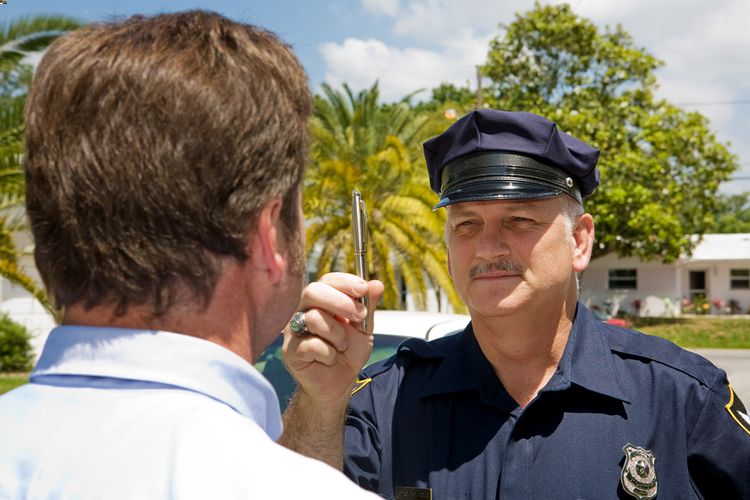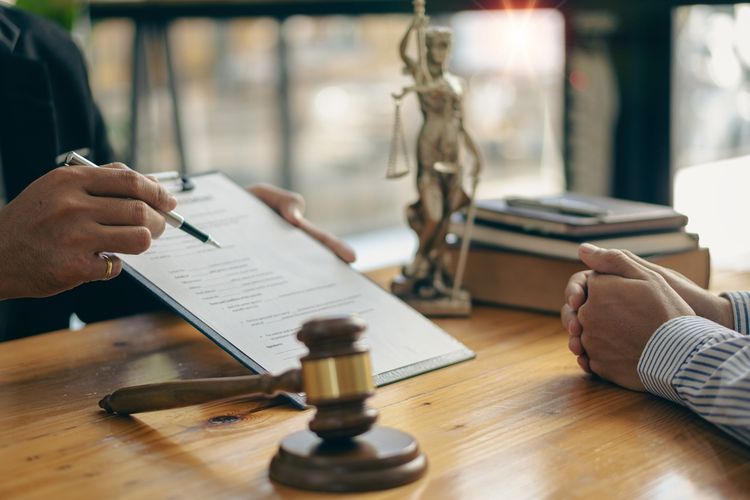Getting a drug crime dismissed in Georgia can be a complex and challenging process, and the specific steps required will depend on the specific circumstances of your case. However, there are several strategies that your attorney may use to try to get your case dismissed or reduced. Here are a few:
- Challenge the evidence: One common approach is to challenge the admissibility of the evidence against you. This might involve arguing that the police conducted an illegal search or seizure, or that the evidence was tampered with or mishandled in some way.
- Negotiate a plea deal: In some cases, your attorney may be able to negotiate a plea deal with the prosecutor, in which you agree to plead guilty to a lesser offense in exchange for a reduced sentence or other concessions. This can be a good option if the evidence against you is strong, or if you want to avoid the risk of a harsher sentence at trial.
- Show lack of intent or knowledge: Another potential defense is to argue that you did not know that the drugs were in your possession, or that you did not intend to use or distribute them. This might involve presenting evidence that the drugs belonged to someone else, or that you were coerced or misled into carrying them.
- Argue for diversion or treatment: Depending on your specific circumstances, your attorney may be able to argue that you would benefit from a diversion program or drug treatment program, rather than being sent to jail or prison. This can be particularly effective if you have no prior criminal record, or if you can show that you are committed to turning your life around.
It’s important to note that every case is different, and there is no one-size-fits-all strategy for getting a drug crime dismissed in Georgia. Your best bet is to hire an experienced criminal defense attorney like Shequel Ross at SHElaw firm® who can assess your case and develop a tailored strategy to fight the charges against you.
Challenging the Evidence
When challenging the admissibility of evidence in a drug crime case, there are several arguments your attorney may make. One common strategy is to argue that the police conducted an illegal search or seizure, in violation of your Fourth Amendment rights.
For example, if the police searched your car without a warrant or probable cause, any evidence they found during that search may be inadmissible in court. Similarly, if the police obtained a search warrant based on false information or without a valid basis, your attorney may be able to challenge the warrant and have the evidence obtained through the warrant suppressed.
Another argument your attorney may make is that the evidence was mishandled or contaminated in some way. For example, if the police did not follow proper procedures when collecting or testing the drugs, the evidence may be called into question. Your attorney may also argue that the evidence was tampered with, or that the chain of custody was not properly maintained.
It’s important to note that challenging the admissibility of evidence can be a complex and technical process, and will depend on the specific facts of your case. Your attorney will need to thoroughly review the evidence against you and assess the legality of the police conduct leading up to your arrest.
Negotiating a Plea Deal
Negotiating a plea deal is a common strategy in drug crime cases, as it can often result in reduced charges and/or a lighter sentence. Here are a few things to keep in mind:
- Work with an experienced attorney: A skilled criminal defense attorney can often negotiate a better plea deal than you would be able to on your own. They may be able to use their knowledge of the legal system and relationships with prosecutors to get a more favorable deal.
- Understand the potential consequences: Before agreeing to any plea deal, it’s important to understand the potential consequences. Your attorney should explain what charges you are pleading guilty to, what your sentence will be, and what the long-term consequences of a conviction may be (e.g. difficulty finding a job, loss of certain rights).
- Be prepared to give something up: In exchange for a plea deal, you will likely need to give up something in return. This could mean pleading guilty to a lesser offense, agreeing to a certain sentence, or providing information about others involved in the drug trade.
- Consider alternatives to jail time: Depending on the specifics of your case, your attorney may be able to negotiate an alternative to jail time, such as probation, community service, or a drug treatment program. These options can allow you to avoid a jail sentence and get the help you need to overcome addiction or other issues.
It’s important to remember that every case is different, and there is no guarantee that a plea deal will be offered or accepted. Your attorney can assess your case and help you determine whether a plea deal is a good option for you.
Lack of Intent / Knowledge
When arguing lack of intent or knowledge as a defense in a drug crime case, your attorney may use several strategies to build your case. Here are a few:
- Show that the drugs were not yours: If you were in a car or house with other people, your attorney may argue that the drugs were not yours and that you did not know they were there. Your attorney may present evidence such as witness statements or DNA analysis to support this argument.
- Argue that you were coerced or misled: In some cases, you may be able to argue that you were coerced or misled into carrying or using drugs. For example, if someone threatened you or a loved one, or if you were under the influence of drugs or alcohol at the time, your attorney may argue that you did not have the necessary intent to commit a crime.
- Show that you did not know the nature of the drugs: If you were caught with drugs but did not know what they were, your attorney may argue that you did not have the necessary intent to commit a crime. For example, if you were given pills and did not know they were illegal narcotics, your attorney may argue that you did not knowingly possess illegal drugs.
- Challenge the prosecution’s evidence: Your attorney may also challenge the prosecution’s evidence in an effort to show that you did not have the necessary intent to commit a drug crime. For example, if the prosecution cannot prove that you knew the drugs were in your possession, they may have a harder time securing a conviction.
It’s important to remember that lack of intent or knowledge is not a foolproof defense, and that the specific strategy your attorney uses will depend on the facts of your case. Your attorney will need to thoroughly review the evidence against you and assess the strength of the prosecution’s case before determining the best course of action.
Diversion or Treatment
When arguing for diversion or treatment in a drug crime case, your attorney may use a variety of strategies to convince the court to offer alternatives to traditional sentencing. Here are a few key points to keep in mind:
- Understand the available options: Depending on the specifics of your case and your jurisdiction, there may be a variety of diversion or treatment programs available. These could include drug court, probation, community service, or a substance abuse treatment program. Your attorney can help you understand which options are available and which may be best for your situation.
- Highlight your commitment to recovery: When arguing for diversion or treatment, it’s important to demonstrate to the court that you are committed to making positive changes in your life. Your attorney may present evidence such as letters of support from family and friends, a history of seeking treatment for addiction, or your participation in support groups or other recovery programs.
- Show that you are a good candidate for diversion or treatment: To convince the court to offer diversion or treatment, your attorney will need to show that you are a good candidate for these programs. This could mean demonstrating that you are not a danger to society, that you have a low risk of reoffending, or that you are willing to comply with the requirements of the program.
- Emphasize the potential benefits of diversion or treatment: When arguing for diversion or treatment, your attorney may also emphasize the potential benefits of these programs. For example, treatment programs may help you overcome addiction or address underlying mental health issues, while community service or probation may allow you to give back to your community and make amends for your actions.
It’s important to work closely with an experienced criminal defense attorney when arguing for diversion or treatment in a drug crime case. Your attorney can help you understand your options, assess the strength of your case, and present a compelling argument for alternatives to traditional sentencing.
Contact SHElaw firm® today if You are Facing a Drug Crime Charge
Beating a drug crime case in Georgia can be a difficult and complex process, but it is not impossible. With the right legal strategy and a skilled criminal defense attorney, it is possible to challenge the prosecution’s case, argue for alternative sentencing options, or even have the charges dismissed entirely. Whether you are facing charges for drug possession, drug trafficking, or another drug-related offense, it is important to work with the experienced drug crime defense attorneys at SHElaw firm® who can help you navigate the legal system and achieve the best possible outcome. By working together with your attorney and building a strong defense, you can fight back against drug charges and protect your future.










